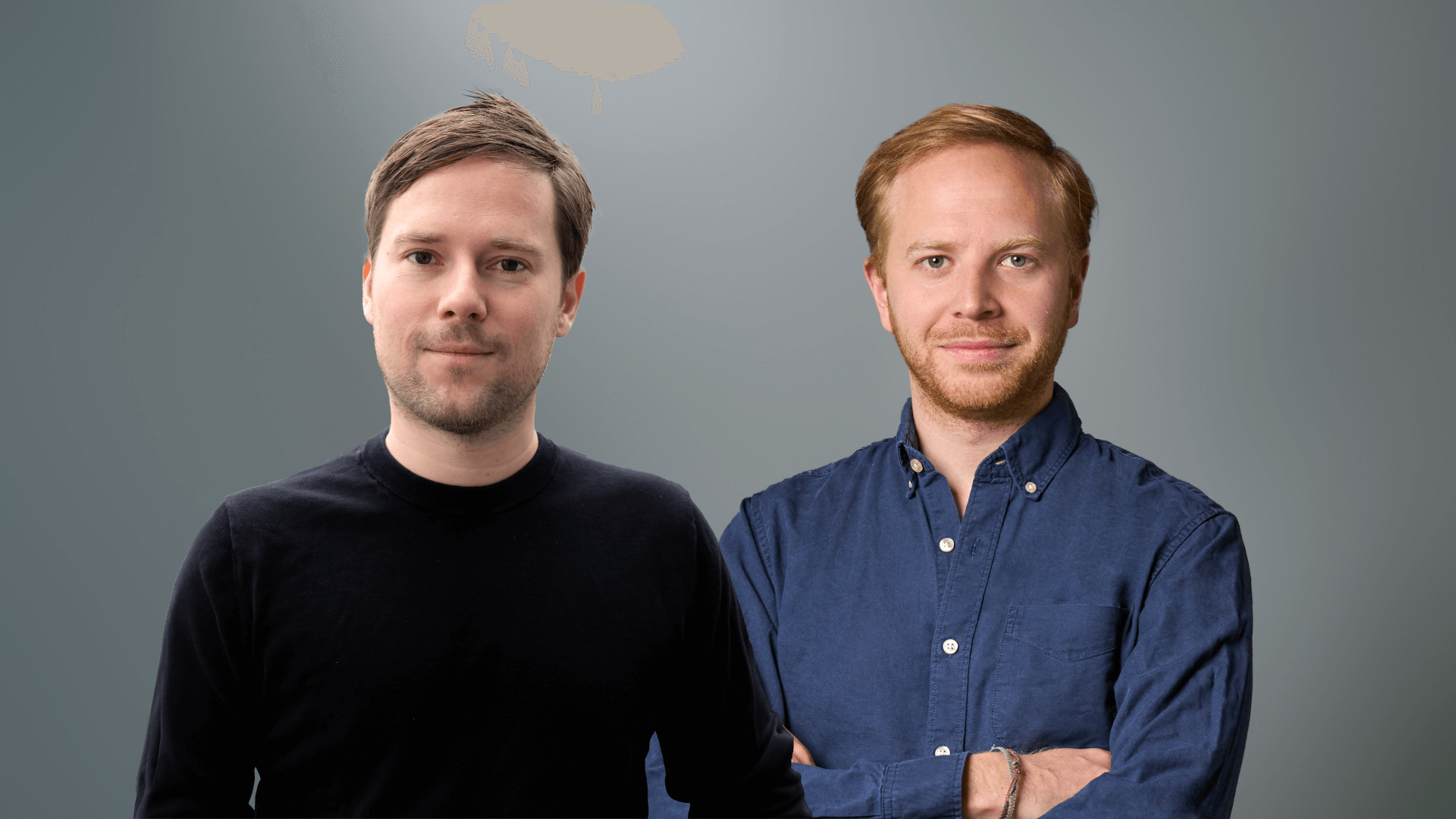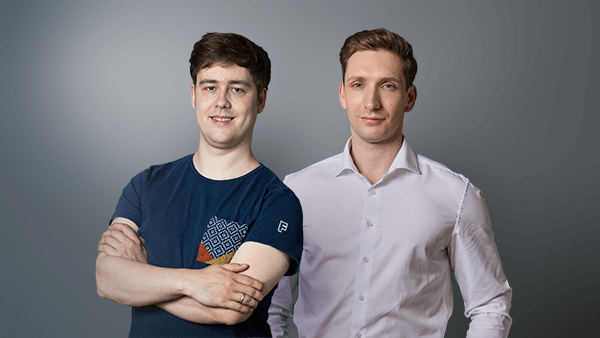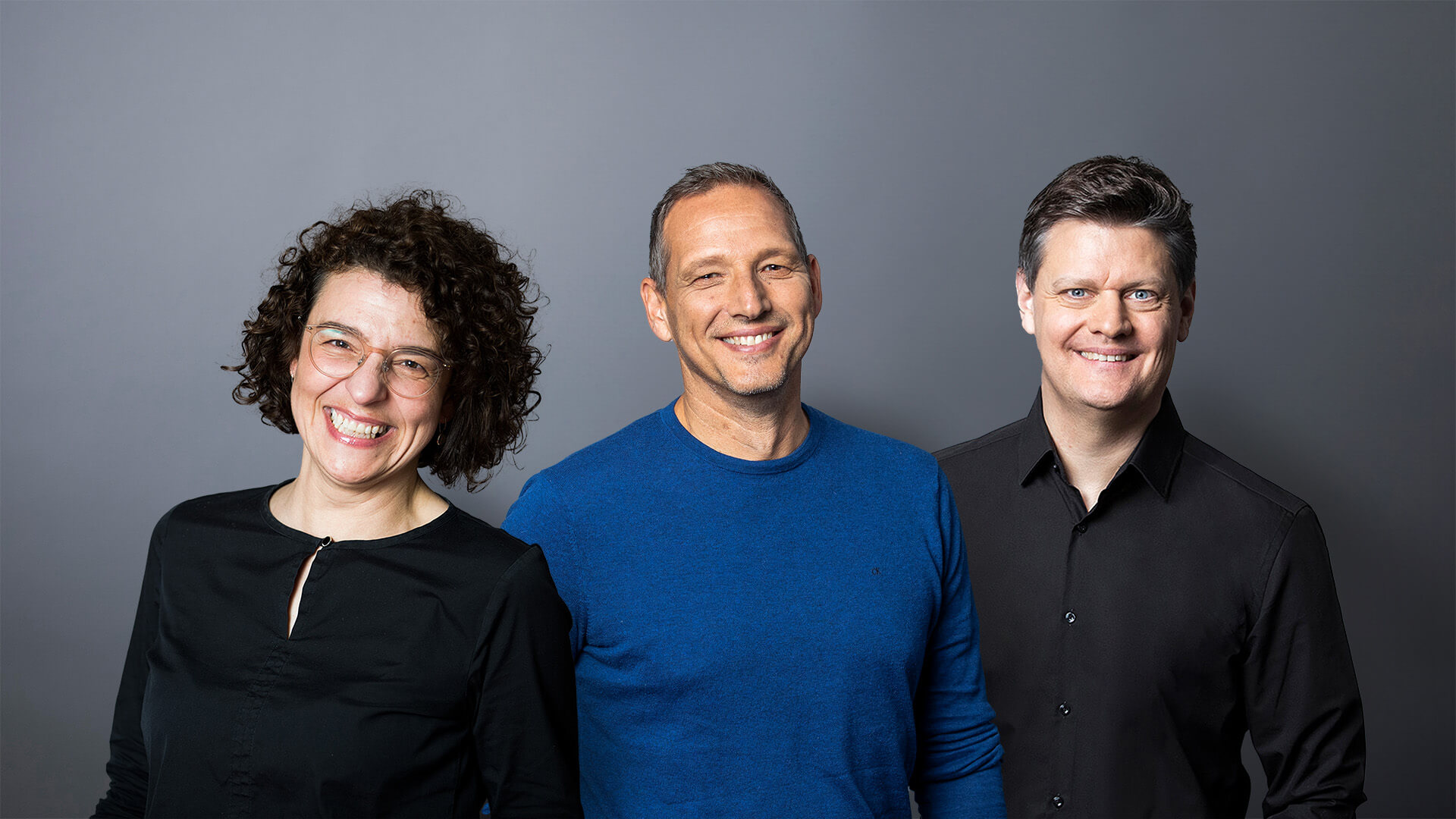Tanja and Dr Dennis Schmoltzi, the CEO of Emma – The Sleep Company (Bettzeit GmbH), discuss the right HR strategy in high-growth startups
Tanja: Hi Dennis, so we invested in your company, Emma – The Sleep Company, back in 2015. At that point, you were of course a classic seed company. Just 4 years later, you’re making an annual profit of more than EUR 100 million and you have over 250 employees. To keep things running, you need plenty of capacity for recruitment, job interviews, onboarding, training and employee support. How did you get to that point on an operative level in such a short space of time?
Dennis: Recruitment, onboarding and employee development are indeed very time-consuming. But we see resizing as one of the most crucial keys to success: only the best team can create the best results faced with strong growth. In turn, our People & Org Team has grown from a single intern to 10 people today. I can only urgently recommend every startup to hire someone at an early stage, to advertise vacancies and invite applicants to apply. Apart from this, efficient processes in the field are enormously important. For example, we launched “Recruitment Friday”. Every Friday, we interview around 20 applicants. After this, both we and the applicants have all the information we need to make a decision right away during the week. Alongside sufficient resources and standardised processes, the high value forms the third factor: the management team as a whole is actively involved in recruitment.
Tanja: You are moving in an industry that is characterised primarily by old-fashioned structures. There are dominant purchasing associations and trading partners, existing sales structures of established players. At the same time, you have a very young team. How important is the experience that brings employees on board?
Dennis: In my view, “experience” is hard to define from a startup perspective. Yes, we were initially laughed at for being the “lads from Frankfurt” who had no idea about end-customer business within our industry. And we were faced with the fact that you couldn’t just sell top-quality mattresses online. But more important than experience is talent. Skills such as a high level of comprehension, the ability to develop solutions suitable for a particular situation in a short space of time and a pragmatic, hands-on mentality. These skills are very prominent in our company and form a strength of our team that we can tackle a topic with major talent in a way we were unable to do before. In order to create new excellence, you have to question the existing. This is also one of our company values. It often also functions more easily when you are impartial and have limited experience. This is why we do not work with headhunters; they are almost always trained to identify people based on their experience profile.
Tanja: Can you describe how the recruiting process usually works for you?
Dennis: We have three core channels for recruitment: Firstly, close links with universities. Secondly, we employ two people full-time to actively address talents. And thirdly, we get regular recommendations for friends, acquaintances and new employees from the team and the network. For a successful experience, we pay a premium of EUR 500.
Tanja: OK, and can you tell us a little more about your interview process? What is especially important to you? How do you find out whether a person fits and whether they’ll stay with you? What does a good employee look like to you, and how do you test for this in the interview?
Dennis: So I’ll start with Recruitment Friday. Anyone invited to interview has already overcome the first hurdle. The day starts with a 30-minute company presentation for everyone involved.
This is followed by two hour-long individual interviews that are independent of one another. Applicants are then given a tour of the office, during which all interviewers meet for a 30-minute debrief. During this debrief, the interviewers give their opinion of the candidate in question. The orientation points are formed by our assessment dimensions. These are cognitive skills, operative skills, interpersonal skills, an entrepreneurial mindset, ability to learn and team fit. In order to be able to estimate the dimensions, we ask applicants questions regarding specific situations that they have experienced. For cognitive skills, we also use smaller cases, calculation examples or brain teasers. Because we (with very few exceptions) do not ask technical questions, the interviews can be carried out independently of the team.
We attach far more importance to the composition of the interview partners in the sense of their experience and their approach in interviews. A distinction can be made between rational and intuitive interviewers. Sometimes, debriefing discussions give rise to the strengths and weaknesses of individual applicants, and sometimes we agree right away. There may even be a decision at that stage, and we’re able to say yes or no immediately. We also then carry out a third, shorter interview. Later in the following week, we make a decision and agree on the specific offer with a role and salary for everyone who we want to employ. In individual cases, we contact references. It is important that all interviewers carry out professional discussions with the candidates. To ensure this is the case, there is internal training to be completed by those colleagues carrying out interviews. And as I mentioned, recruitment has a high status. Our team leaders, my co-founders and I all have calendars totally blocked off for interviews every Friday. It takes up a lot of time, but at the end of the day, we want to keep growing at a rapid pace.
Tanja: Once an employee’s on board, how do you assess whether they’ll be up to scratch?
Dennis: We determine the employee’s performance in line with the same dimensions we used during the recruitment process. 360° is involved here, to be filled in by colleagues who have worked with the employee. The feedback is highly valuable and helps team members to develop in a targeted way. At the same time, it is important to understand that everyone should be employed in line with their individual strengths and that nobody is going to be strong in every dimension. If somebody does not perform in the way we expect of them, it may be that we have made a mistake in their role. If this is the case, we discuss changing their roles and their responsibilities.
Tanja: How do you motivate your employees?
Dennis: All our employees receive a fixed salary. On principle, we do not issue bonuses or financial incentives. As I see it, this is an extremely important part of developing a group into one, cohesive team. After all, if you define a personal bonus, employees will fight for that bonus alone, even when the situation has changed and the company actually needs something different. In agile companies, I believe this is actually counterproductive. And of course, you have to take into account the fact that staff development is far more successful when it is not connected with a bonus. During the 360° feedback discussions, we can concentrate on promoting personal strengths and content. KPIs and OKRs are perfectly sufficient as motivators for the individual teams. An important point here is that these are really visible so that as a team, we have a feel for progress and success.
Tanja: You talked about ensuring that employees work in line with their strengths. What does that mean for you?
Dennis: Overall, we’re a highly diverse team with very different strengths. We have around 40 different nationalities in our team. It is important that people know how to utilise the different strengths. This involves understanding the individual strengths everyone has, and most of all, valuing them. A very typical phenomenon, for example, is that I’ll have two team members coming to me and telling me they’re totally frustrated with one another:
Person A complains that Person B just isn’t abiding by the agreed processes and is making everything else disorganised. In turn, Person B complains that Person A isn’t flexible and agile enough to grasp the opportunities in front of them. At the core of it, one person is very process-focused, while the other is more of a entrepreneur. You need both people. The most helpful thing is for everyone to understand and to define the roles and tasks in line with the differences. For example, if somebody has an entrepreneurial attitude and does not enjoy abiding by processes, the person is put in a team with someone who is process-focused. Accordingly, we make it clear to our team leaders that their task is to create a complementary team. For example, a very process-focused team leader may have somebody at their side who is an agile strategist or coordinator for ad hoc projects.
Tanja: How do you develop your employees? Have you experienced any success stories or perhaps any big surprises
Dennis: Alongside the 360° feedback specified, we have created an internal training concept: the Emma Sleep University. As part of this concept, colleagues give courses on their areas of competence during working hours, in topics ranging from marketing basics and lean management to communication skills. Anyone can register on one of our 20 courses. Team leaders also participate in a compulsory programme. We hire external coaches for some training sessions. Badges are available to those who successfully complete a course. Essentially these are stickers that you receive for your laptop. I find it really notable how something so simple and yet so visible changes the dynamic of the training programme. In addition, we’re learning something every day at work, which is a real motivational factor for many in the team. And of course, there are real success stories here. Often these are employees who have started as uni graduates without much professional experience, who’ve joined the management team within two years and who are now heading major teams.
Tanja: What do you consider important when it comes to team and company culture?
Dennis: First of all, I consider it highly important that a clear company culture has been defined and is being promoted. For example, we have six company values that we use as a focal point. Essentially, these values revolve around the fact that we’re a diverse team, that we put ourselves in the customer’s shoes, that we question the established system, test things in an agile manner, make rational decisions and that everyone takes responsibility. You really experience meetings in which these values are referenced and somebody might notice that an approach isn’t sufficiently agile. A decisive part of all this is that we don’t hold discussions and make decisions along hierarchical lines. This means that if team members are in agreement following an argument on what the best decision for the company is, they can make the decision on their own. If they do not agree, they can simply involve another person to help them make a rational decision. When it comes down to it, it’s about making the company independent of the founders. I think this is a crucial prerequisite for growth, and the company culture should support this as a guiding principle for making good decisions.
Tanja: What advice would you give to a company that’s just in the seed phase and that has ambitious company and marketing plans?
Dennis: As I said at the start, it helps to acknowledge the importance of the team at an early stage. Books I can recommend include “Top Grading” or “Scaling Up”. And if you’re really starting to grow, your main goal should be to create a self-sustaining organisation. This involves cash flows, innovation and inevitably, the organisation and the team. And to do that, you have to set up the company independently of yourself as a founder. This is the only way in which the company can grow without you becoming your own organisation’s bottleneck. A side effect is that you’ll then be able to focus on the most important themes. For example, I can now spend around 60% of my time on the topic of People & Org.
About Emma – The Sleep Company (Bettzeit GmbH)
Emma – The Sleep Company is an owner-led enterprise and one of the fastest growing providers of mattress and sleep systems based in Frankfurt/Main. The internationally operating Sleep-Tech was founded in 2013 by Dr. Dennis Schmoltzi and Manuel Müller. Philipp Burgtorf has been the third managing director since early 2018. The portfolio includes the direct-to-consumer start-up Emma Matratzen, which quickly became one of the most successful bed-in-a-box brands in Germany and Europe, and the strong traditional Dunlopillo brand. With their leading expertise in the field of research and development, they translate material and technological progress into their top-quality product range in the long term. In addition, the 250-strong team achieves continuously innovative concepts in the fields of process optimisation along with marketing and sales. Success components of the very agile everyday life of a company include a distinct digital mindset, a good dose of pragmatism and valued diversity.
Dr. Dennis Schmoltzi
Dennis Schmoltzi ( 1986) founded Emma – The Sleep Company (Bettzeit GmbH) in 2013 together with Manuel Müller in order to design the mattress market in a more comfortable, transparent and attractive way.
Schmoltzi studied business administration at the European Business School/Oestrich Winkel and earned his doctorate at the Goethe Universität Frankfurt/Main. Prior to founding the company, he worked for seven years as an advisor to finance companies and medical technology manufacturers at the McKinsey management consultancy.


